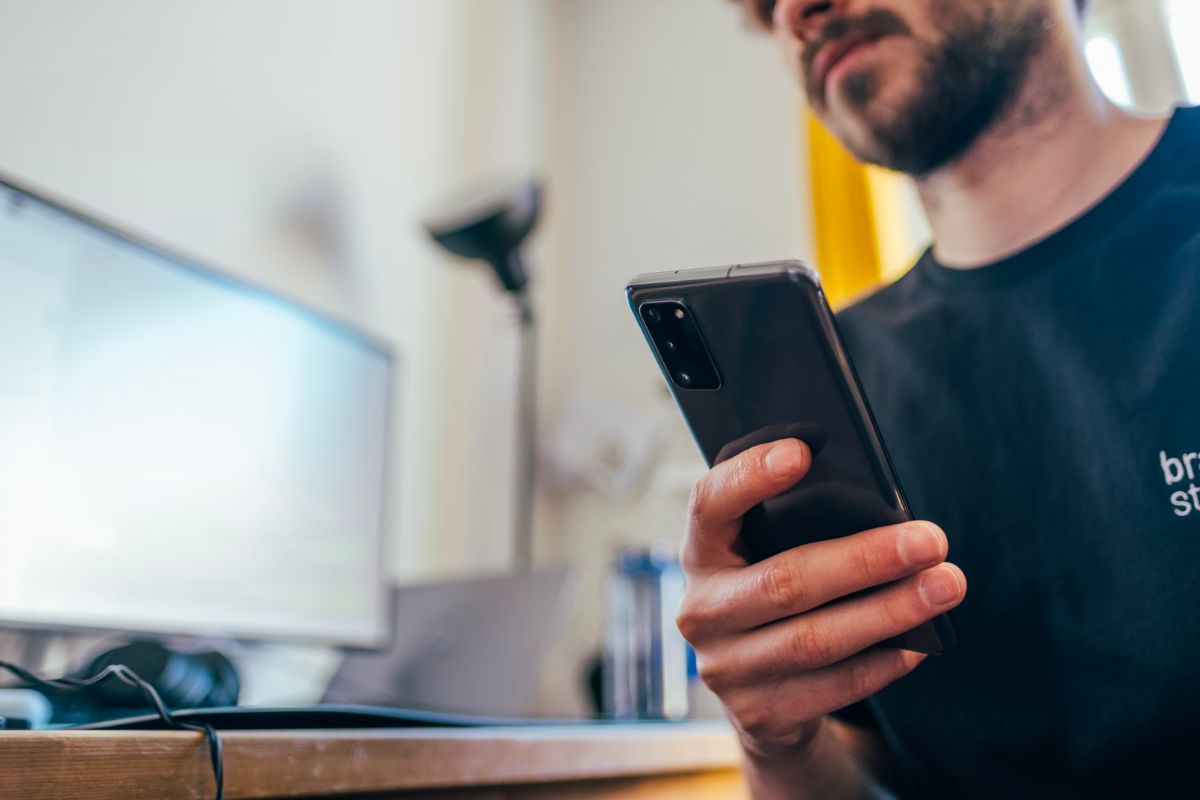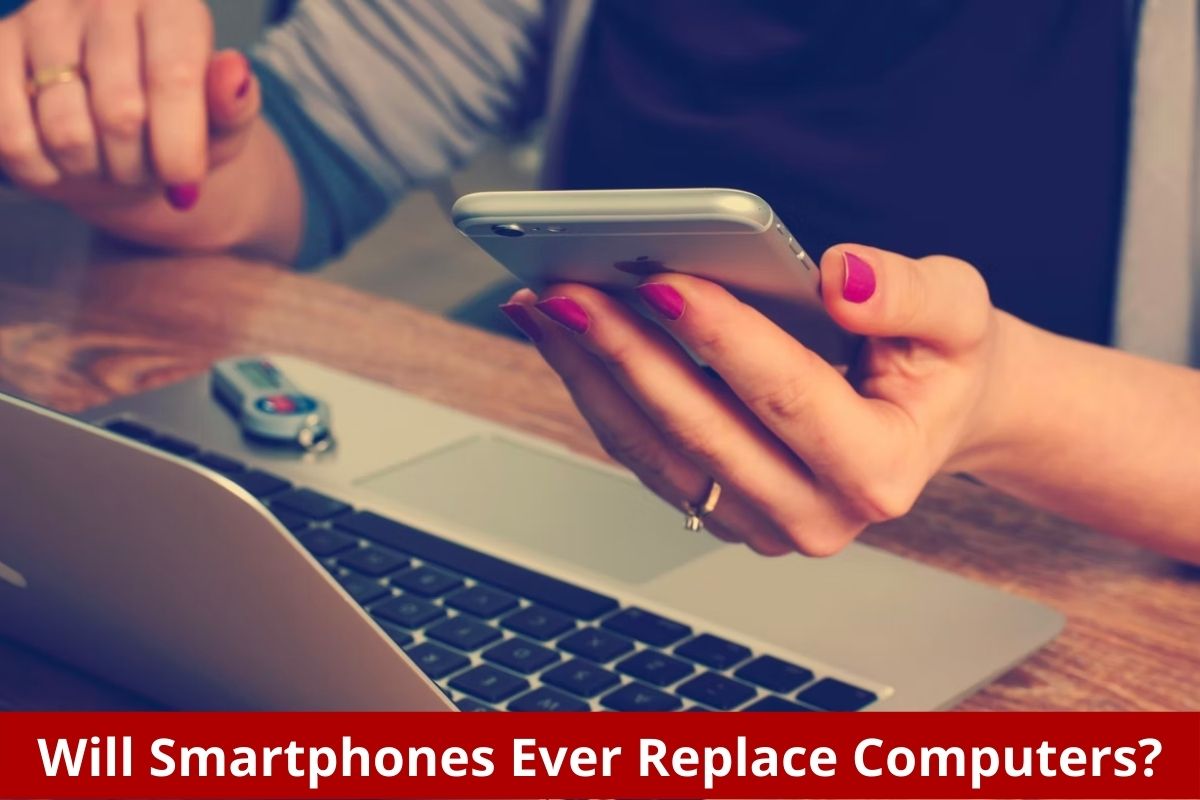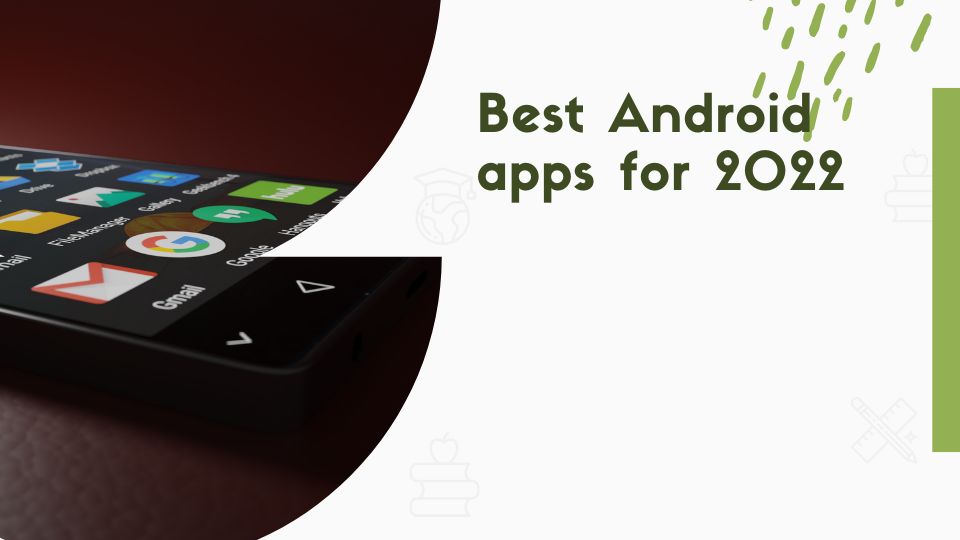Think back 20 years. If you had a mobile phone, it would most likely have been a device with a black and white screen that had a luminous green backlight, an antenna that stuck out the top, and a set of hardware keys that looked like they’d been lifted off a pocket calculator.
In 2002, some of the most popular handsets were the Motorola T191, the Nokia 3310, and the Siemens C55. Samsung had just developed the SGH-R200, which had a flip cover over its buttons to prevent accidental presses, but it would be a few more years before true flip phones like the Motorola Razr would make it to market.
Fast forward to 2007 and Apple had just made the smartphone cool. It fired the starting pistol on a race that has seen nearly every adult in the developed world begin to carry a palm-sized computer in their pockets. In the 15 years that have passed since, those smartphones have gradually become more and more powerful until today’s handsets contain similar processing power to an entry-level computer.
But with all their power, is it reasonable to assume that smartphones could one day replace computers entirely?
Everyday Tasks
Modern smartphones offer a great internet-browsing experience. Sites are designed to flex and bend to fit whatever size screen you’re using, making it easy to find whatever information you’re looking for.
Other tasks many of us need to do regularly, such as checking our bank accounts, shopping, or looking for directions, can be done just as or more easily on a phone than on a PC. Social media is also a breeze on smartphones, even when using specialist applications like Pitch Engine to share content with journalists and customers.
Emailing on a smartphone is a breeze too. Depending on which app and service you use, attaching files can be a bit of a chore, but there are ways around that. Even doing basic word processing and spreadsheet work is possible, albeit more burdensome than on a computer. Although, at present, it seems unlikely you’ll want your boss to throw away your laptop and replace it only with a smartphone.
But if you don’t do a lot of this work, you may be happy muddling through with just a phone.

Gaming
While a smartphone might be enough if you only need to do basic administrative work like replying to emails and browsing the web, you may still be wondering if you need a computer for gaming.
We’ve been playing games on PCs for as long as we’ve had computers, but they’ve become much more accessible in recent years thanks to smartphones. Mobile devices give you access to millions of app and browser-based titles and the freedom to play them from just about anywhere you want.
The variety of mobile games is at least as broad as it is on PC, with everything from detailed first-person shooters to turn-based puzzle games available in both major app stores. On top of that, mobile users can also access online casino games from brands like Chumba Casino that offer traditional games as well as modern variants.
The only time when smartphones can’t currently compete with computers is in the AAA video game market as they don’t have the powerful hardware required to run this type of content. That said, streaming services like Google Stadia are close to bridging this gap, so it is possible that even hardcore gamers won’t need a big PC in the future.
Specialist Work
Computers are great for all sorts of tasks beyond looking up soup recipes online, sending emails, and playing games. They’re useful for just about everything from controlling complex machinery to editing videos for television shows.
Modern smartphones are certainly capable of being used to edit the videos you shoot on them, and they can, in some circumstances, be connected to other hardware. But they’re not a substitute for the power and flexibility of a full-sized Windows PC or Mac.
It also seems unlikely that coding and compiling software is going to be practical on a smartphone since you need more screen real estate and the flexibility to run applications in virtual environments.
For that reason, it seems more likely that smartphones will remain more practical for the consumption of content but less suitable for their creation.



